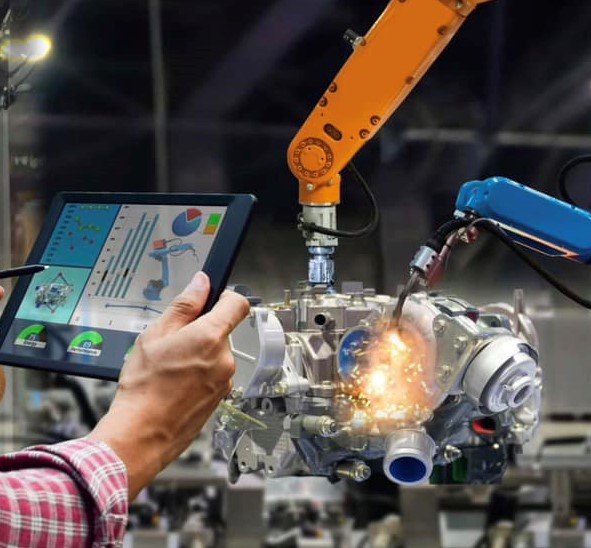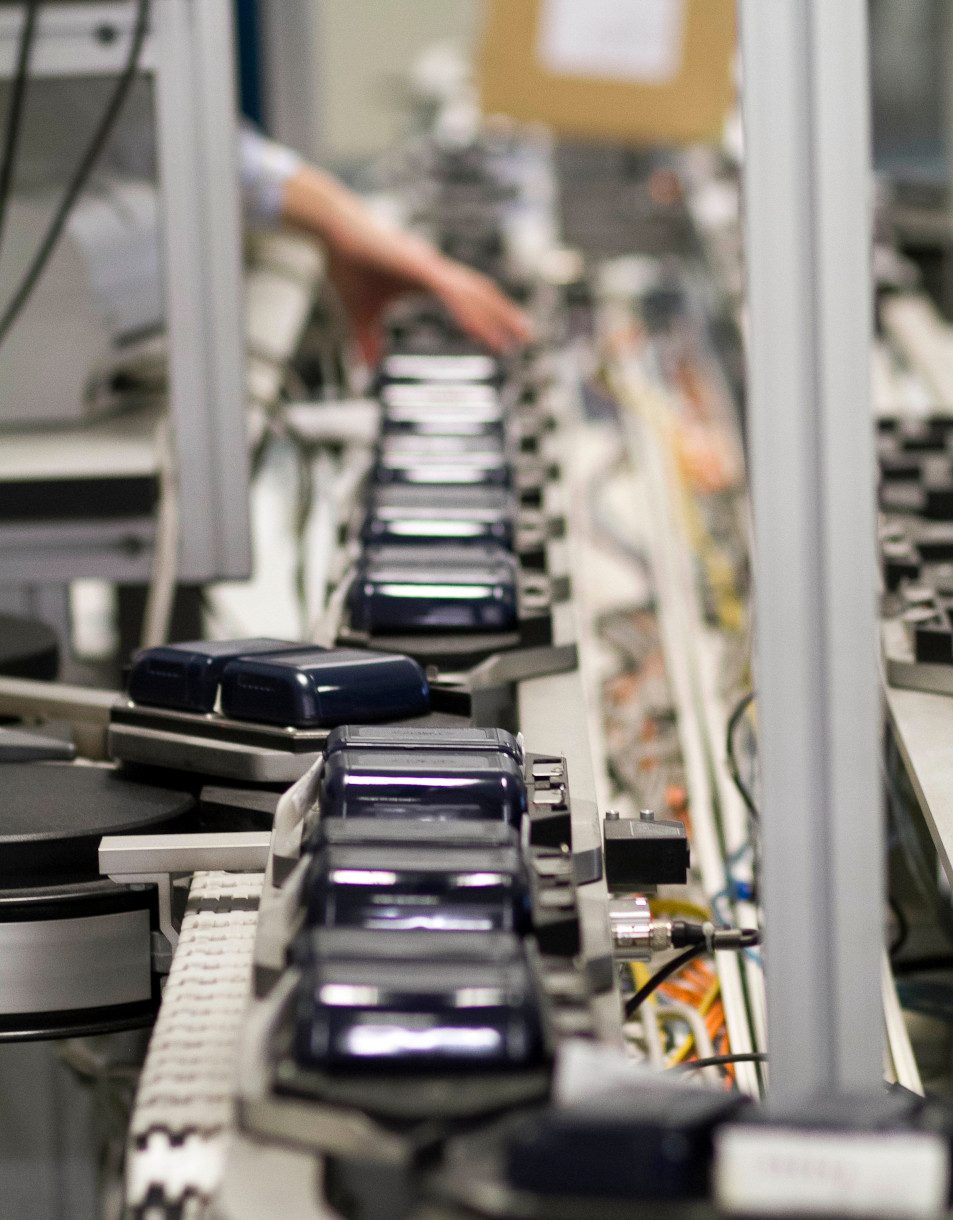In 2020, 1 trillion microchips were produced worldwide, but only 10% of these were produced in Europe. Production is in the hands of Asia: 60% of the world’s chips are manufactured in Taiwandhich is assembled, tested and packaged mostly in China.
The European Semiconductors Industry Association has estimated that the European share of chip production in the global market has increased from 40% in the nineties to 13% in 2010, to 10% in 2020. Numbers that underline a growing European disengagement in the care sector, are inversely proportional to the importance that this market has assumed in recent decades. To reverse this trend, the “Chips Act” or “European Chips Act” was approved on 8 February 2022 by the European Commission, and is now being examined by Parliament. It is the European law on semicondthats that provides for the allocation of 43 billion euros for the creation of a European chip production chain. The goal is to double its production by 2030.
The Chips Act is important because it aims to make the EU autonomous in a strategic sector such as chip design and production. Chips which in turn support and enable the architectures for managing big data and for controlling and exchanging information between devices which are essential in many areas of the economy. In the automotive sector alone, for example, the experts of AutoForecast Solutions estimated in the first seven months of 2022 the failed production of 1.06 million vehicles in the United States and 1.04 million in Europe. With a total that since the beginning of the crisis, in 2021, has led to the cancellation of as many as 13 million vehicles. Precisely at a time when the transition to electric motorization is imposing very heavy constraints. According to Gartner analysts, by 2026 every vehicle will contain chips for a value of no less than $1,000, with an increase in number and specific cost that can already be guessed from the best-performing battery-powered cars.
The European chip law also provides for the construction of new factories, the strengthening of existing ones, investments in the latest generation technologies, support for the European supply chain and partnerships with allied countries. If it is true that the involvement of companies of excellence is a central step in the regulatory architecture, Vem Solutions (a company of the Viasat Group), the leader in the design, development and production of electronic systems, is already developing dedicated projects for cutting-edge devices on automotive, industrial, aerospace, IoT and Big Data markets.
Here are some updates about Vem’s production expertise.




